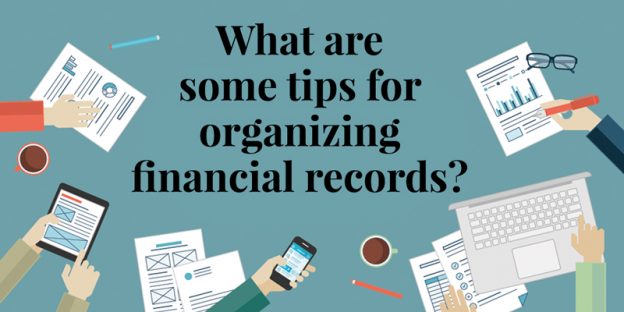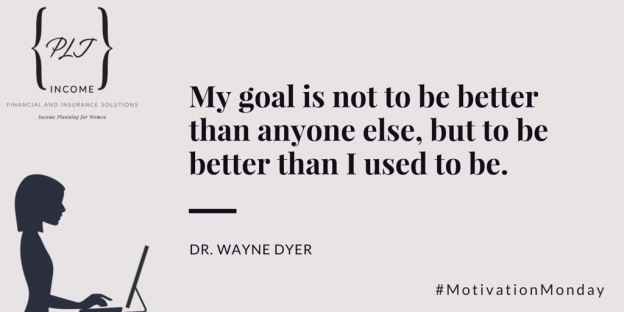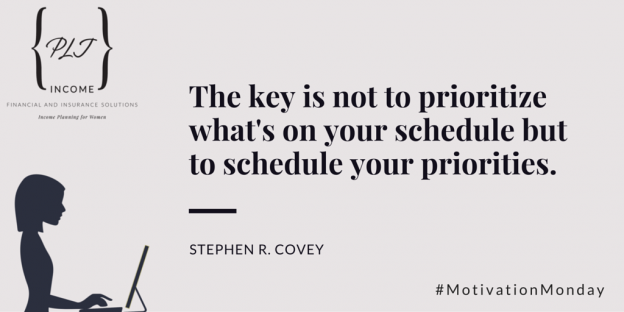Social expectations are hard to let go of. We spend a great amount of precious time trying to fit into pre-established molds and pleasing other people. This is normal human behavior, by the way. We’re a social species and we just love to fit in.
But if other people’s voices are the only voices we listen to, the possibility of feeling inadequate or even lost increases.
This is why we always encourage women to create their own definition of success, one that resonates with their core desires even if it isn’t what they think everyone else expects from them.

Here’s the thing: desires and goals are personal. Everyone comes from a different background, carries different luggage, faces different challenges, and is currently on a different stage of their journey. All of this diversity results in a wide spectrum of dreams, goals, and achievements that enriches our culture and society. Always keep that in mind, because let’s face it: in today’s world, we need to be reminded that life’s not a race.
Remember, the only competition that matters is the one you hold with your own self. You should live up only to your own expectations.
To check if you really value your own self-growth and development, think about something you’ve made an improvement on — like the time you managed to finish that book, when you courageously asked for a raise, when you finally conquered a fear, and when you admitted you were wrong. Surely, you’ve had those kinds of moments. But did you properly congratulate yourself? Did you celebrate?
Most of the time, we let those “small” self-improvements pass us by when they’re actually what makes us who we are. Well, let’s not underestimate them anymore. Congratulate yourself for every accomplishment you make, because that’s what will make you feel rich and successful.
That’s what makes you better than you used to be.

The need to better ourselves is one of our best allies. It’s like a spark within us that keeps us dreaming, creating, and making. It’s what lets us know we’re working. There will be times when that spark won’t be as bright as it used to be and times when it comes and goes, but getting to know how to keep it alive is essential for our minds and our soul.
If you’re wondering how to keep your spark well and alive, take a look at a few of our best ideas:
– Be mindful about your finances.
Knowing that you have financial stability and having a healthy relationship with wealth will allow you to tailor your goals so they fit you perfectly. In other words, when we manage our finances, it means we’re managing other areas of our lives too.
Of course, we can help you with this — especially when it comes to your retirement — but you can also start with something as “small” as going through your budget to make some adjustments or keeping (an authentic) track of your expenses. Trust us, this one will keep your inner flame up.
– Stay in touch with your spiritual side.
Spirituality doesn’t necessarily equal religion. Staying in touch with your spiritual side means finding that spot where you feel centered and realize you’re an important piece of the big puzzle that is this universe. Some people practice meditation, art, and creativity or dedicate a minute of contemplative silence to a higher power (whatever that may be for you).
Spirituality has been linked to overall wellness and often provides comfort in challenging times. Faith is pretty powerful. Don’t underestimate this area of your life.
– Manage your emotions.
By now, it’s common knowledge that you should express your emotions instead of letting them bottle up. Getting there can be tricky, but working on your emotional intelligence is one of the greatest gifts you can give not only to yourself but to your loved ones as well.
Our emotions are also a reflection of our behavior; for example, the number of hours we sleep and how much we exercise have a direct impact on our mood. This is the reason why it’s important to check if there are some habits that you should adopt or remove to improve your emotional wellbeing.
We’ve said it once and we’ll say it again: investing in yourself is an act of love and kindness.
– Cultivate your knowledge.
We have the capacity to learn at every life stage, and we think that’s pretty amazing. In fact, many people mistake lack of cognitive stimulation with some signs of depression. We don’t need to hunt our food anymore, but we should always hunt experiences and gather lessons.
Sign up for some classes, learn a new language or how to play a music instrument, listen to other people’s stories or whatever else you’re curious about, and nourish your mind. We’re not meant to be bored. Let your inner spark guide you and learn something new. Cultivate your knowledge.
These are just a few suggestions on how to improve yourself, but make no mistake: you are already better than you used to be. Acknowledge it, and you’ll soon feel motivated to embark upon new adventures that will make your heart sing.








 For example, you may want to keep ATM receipts only temporarily, until you’ve reconciled them with your bank statement. But if a document provides legal support and/or is hard to replace, you’ll want to keep it for a longer period or even indefinitely. It’s ultimately up to you to determine which records you should keep on hand and for how long, but here’s a suggested timetable for some common documents.
For example, you may want to keep ATM receipts only temporarily, until you’ve reconciled them with your bank statement. But if a document provides legal support and/or is hard to replace, you’ll want to keep it for a longer period or even indefinitely. It’s ultimately up to you to determine which records you should keep on hand and for how long, but here’s a suggested timetable for some common documents. *The IRS requires taxpayers to keep records that support income, deductions, and credits shown on their income tax returns until the period of limitations for that return runs out–generally three to seven years, depending on the circumstances. Visit irs.gov or consult your tax professional for information related to your specific situation.
*The IRS requires taxpayers to keep records that support income, deductions, and credits shown on their income tax returns until the period of limitations for that return runs out–generally three to seven years, depending on the circumstances. Visit irs.gov or consult your tax professional for information related to your specific situation.


 1. Saving toward a financial goal
1. Saving toward a financial goal